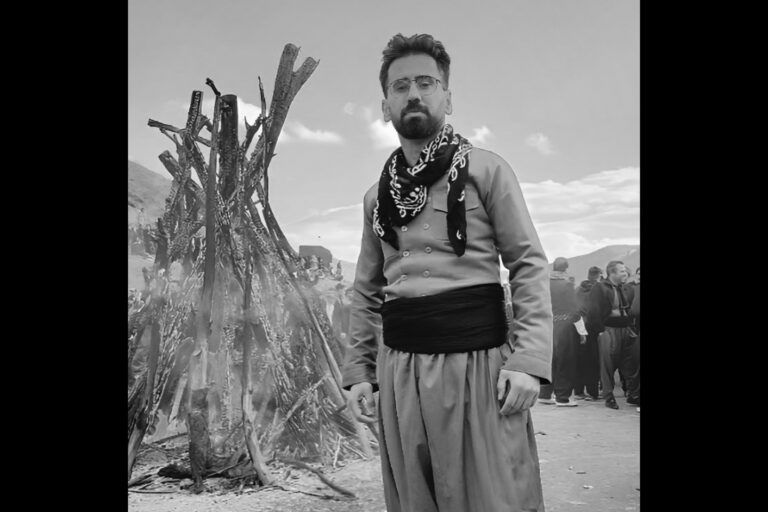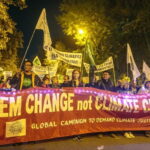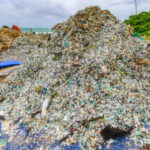Founder’s Briefs: An occasional series where Mongabay founder Rhett Ayers Butler shares analysis, perspectives and story summaries. When flames overtook the hillsides above the Zagros and Hassanabad neighborhoods in the Abidar highlands of Iranian Kurdistan, there was no formal emergency response team. No firebreaks. No protective gear. Only a handful of local environmentalists—among them Hamid Moradi—stepped in, as they had so many times before, to fight the blaze. Moradi was not a firefighter by training. He was a lawyer by profession, the director of the environmental group Shnay Nawzhin Kurdistan, and a fixture in Sanandaj’s civil society. But in Kurdistan, environmental defense often falls to ordinary citizens. When the fire broke out on July 24, Moradi joined several others to contain it. By the time the flames were extinguished, he was dead. So too were two of his companions: Chiako Yousefinejad, a well-known athlete, and Khabat Amini, another longtime environmentalist. Their deaths marked a familiar tragedy in a region where environmental work is both essential and perilous. The fires that regularly consume Kurdistan’s forests and rangelands are not always natural. Many are suspected to be deliberately set—by developers seeking land, smugglers carving routes, or military actors asserting control. The state’s response is frequently delayed, sometimes absent, and occasionally hostile. Environmentalists work without support and often without recognition. Official media may refer to them as “activists” or “volunteers.” In truth, they are environmental first responders. Moradi was among the most committed. Born in Divandareh and based in Sanandaj, he spent years…This article was originally published on Mongabay
Search
Recent Research
Want your Blog Article featured on our website?
Research
Featured News
How to Make Your Home More Energy-Efficient in 2026
A practical, future-ready guide for lower bills and a smaller footprint Rising energy prices and
Sustainable Break Rooms: Greening the Office Pantry
Photo by Rodeo Project Management Software on Unsplash A break room may seem like a
Solar-powered AI streetlights to fund coastal highway construction
Nigeria’s long delayed Lagos-Calabar Coastal Highway is set to be rescued by thousands of AI-driven,
Big Data Analytics Enhances Renewable Energy sector
The sun doesn’t send bills, but energy companies using renewable energy do. And to keep
From COP30 to Sri Lanka, indigenous voices shape climate & food sovereignty
COLOMBO — When Indigenous groups converged at the entrance of the U.N. Climate Change Conference
Another threat to reefs: Microplastic chemicals may harm coral reproduction
As the sliver of a new moon shines over Kāneʻohe Bay, Oʻahu, millions of tiny
A Practical Guide to Choosing the Right Organizer Bins Online
Choosing organizer bins sounds simple — until you start comparing sizes, materials, and specs online.
How Lagos traders struggle as styrofoam gradually disappears in markets
Traders have continued to count their losses about five months after the Lagos State Government





